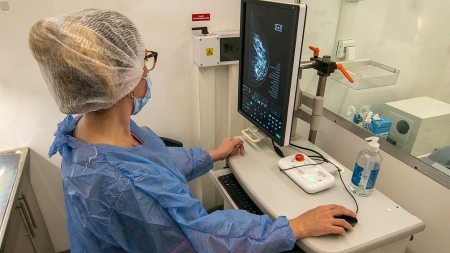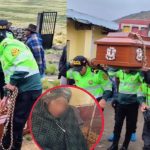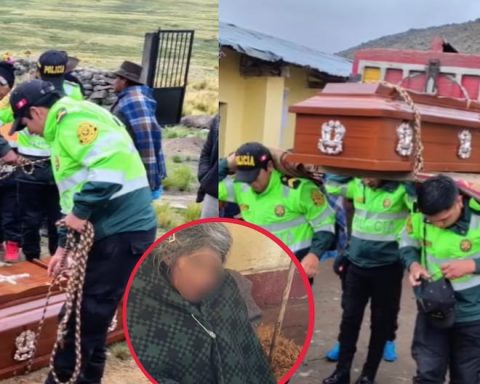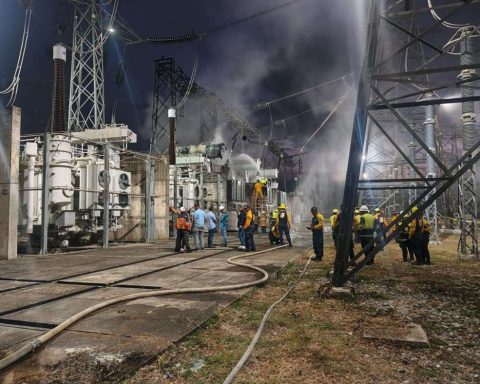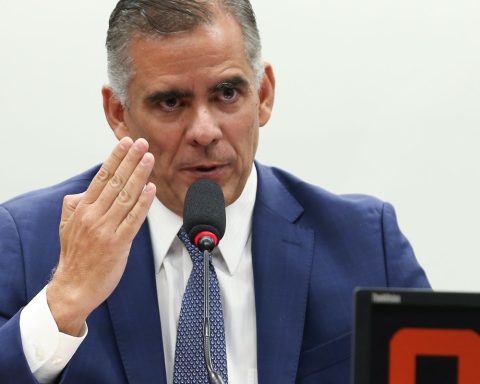The Secretary for Access to Health, Sandra Tirado, assured that in Argentina “more than 70% of women with breast cancer have no family history” and recommended performing a mammogram for early detection of this disease, considering that when there are very small lesions “they may not be palpable on self-examination.”
“Self-examination is important for understanding the breast in case some kind of lesion appears, but the important thing is the mammogram because when there are very small lesions in the self-examination, they may not be palpable,” Tirado said during an interview with Télam on the eve of the International Day to Fight Breast Cancer.
According to data from the National Cancer Institute (INC), Argentina, after Uruguay, is the country in America with the highest mortality rate from breast cancer, a disease that only occurs in 1% of patients. mens.
“The important thing is to know that when my diagnosis is made early, the evolution is totally different.”Sandra Tirado
Regarding the myths surrounding breast cancer, Tirado stated that one of them “has to do with the fact that if it is not palpated, it may not be present; but self-examination does not rule out mammography.”
The official said that unlike other types of cancer, with breast cancer you can “make an early diagnosis that modifies the evolution of the disease” through mammography,
“It is a method that if used regularly within the priority population we can detect very small lesions,” he explained.
“We have more than 70% of women who do not have any family history. When there is a previous history, mammography is indicated before the age of 50, but nevertheless there is a significant percentage of women who do not. Although hereditary has a role If there is no history, it does not mean that we do not have to have a mammogram”he explained.
Tirado indicated that in the case of younger women “you have to take into account if they have a family history.”
Regarding the recommendation given to women between the ages of 50 and 69 to have a mammogram periodically, he said that it is necessary to “differentiate public health policies from individual indications. We are going to say, from public health, that we want that group of women get a mammogram every year.
The INC data indicate that in the period 2002-2020, mortality from breast cancer registered two segments, the first until 2017, which marked a constant and significant decrease of 0.8% per year; and the second from that year when that decrease increased to 2.7% per year.
“The important thing is to know that when my diagnosis is made early, the evolution is totally different,” said Tirado, who recalled that breast cancer is the most frequent cancer in women and one of the main causes of mortality.
In Argentina, more than 22,000 new cases are detected per year and more than 5,500 deaths from the disease occur.
The death of one in five women from cancer in Argentina is attributed to breast cancer, which is the disease with the highest incidence in women, with a rate of 73.1 cases per 100,000; that is, 1 in 3 women with cancer has breast cancer.
Regarding the risk factors, Tirado, who is a Doctor of Medicine from the National University of Tucumán, specified that there are those associated -which are not causal- such as smoking, a certain type of diet or a sedentary lifestyle, and there is also some hereditary component.
“At the INC we have a program related to early diagnosis and different lines that have to do with prevention,” he described and explained that the Nation “works with provincial leaders, on the teams that perform mammograms to see that they meet the necessary quality so that these images are reliable and small injuries can be detected” and “with training for doctors”.
The also specialist in Health Management and Economics affirmed that mammographs were installed in “many provinces” and stressed that there was a “decrease in mortality from breast cancer that has to do with making an early diagnosis.”
“To the extent that the supply of mammographers increases and the possibility of doing so in a public health sector, the number of people who undergo mammography and access to early diagnosis also increases,” he stressed about the INC program.
In that sense, he exemplified that “many provinces have a trailer with a mammographer that travels through the interior” district.
“In recent years we have increased the purchase of mammographs and improved the quality of some that already existed. The province defines where the mammograph is needed,” he explained about this public policy.
Regarding what needs to be improved, he cited the delays in some procedures for “access to medication and surgery” in both the public and private systems.
“We are working with the INC and the provinces so that the waiting times are as short as possible,” he said.
